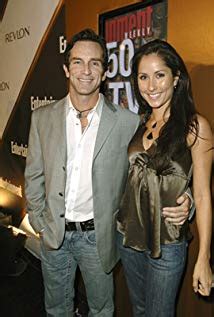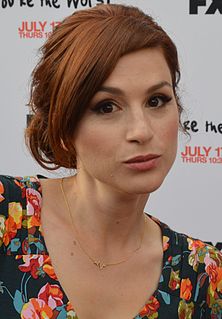A Quote by Julie Berry
The fuzzy boundary lines between different readership ages have always puzzled me, so these days I just write what comes, and assume I can fix the mess later with an editor's help.
Related Quotes
Eros is an issue of boundaries. He exists because certain boundaries do. In the interval between reach and grasp, between glance and counterglance, between ‘I love you’ and ‘I love you too,’ the absent presence of desire comes alive. But the boundaries of time and glance and I love you are only aftershocks of the main, inevitable boundary that creates Eros: the boundary of flesh and self between you and me. And it is only, suddenly, at the moment when I would dissolve that boundary, I realize I never can.
I don't write as much now as I used to, but I write. The lines still come, maybe periodically, and I'll go through these little bursts of time where I write a lot of things then a long period of time where maybe I don't write anything. Or these lines will come into my head and I'll write 'em down in a little book, just little sets of lines, but I won't try to make stories or poems out of them. I'm doing a lot of that now, just the lines.
I'm not one of the people who has a kind of scholarly hat and writes in a certain way for an academic audience and then puts on a public intellectual hat and writes a different way for a different kind of readership. I generally write the way I write, no matter what and it seems to have worked for me.
People quote lines to me all the time. I'm always surprised - everybody has a favorite movie, and they're always different. I'm always shocked. People stop me on the street and throw lines at me from 'Tales from the Crypt: Demon Knight' and 'Deep Space Nine.' 'Shawshank' happens a lot because they play it so much on TV.




































